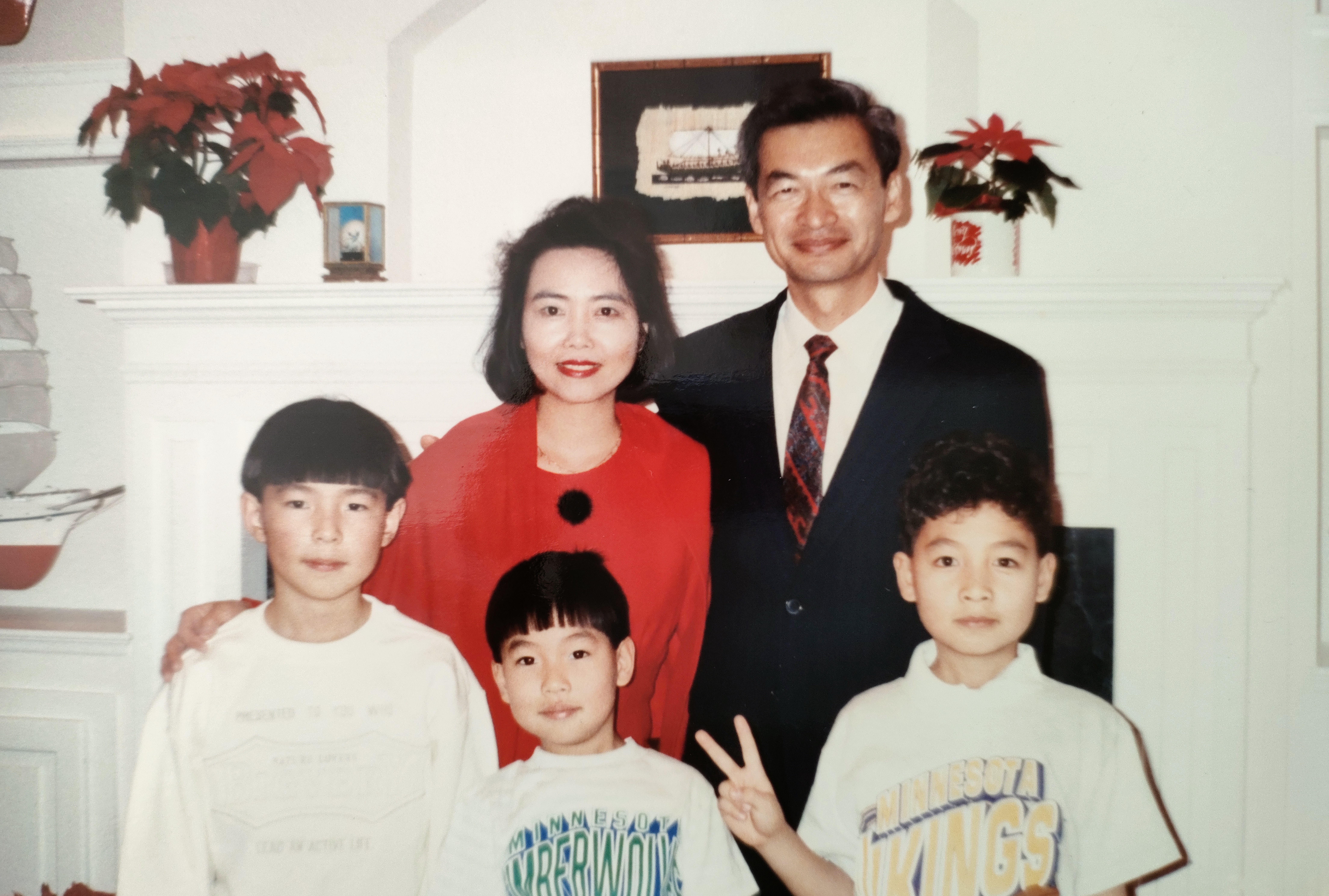
Bible:
“Then the righteous will answer him, ‘Lord, when did we see you hungry and feed you, or thirsty and give you something to drink? When did we see you a stranger and invite you in, or needing clothes and clothe you? When did we see you sick or in prison and go to visit you?’
“The King will reply, ‘Truly I tell you, whatever you did for one of the least of these brothers and sisters of mine, you did for me.”
Prelude:
My husband's first assignment at the Japanese Embassy in Argentina was quite different from his previous work at the hospital. The doctor was a medical officer who also worked as a diplomat, so his status was that of a first secretary. As wives, we made flower arrangements at the Embassy. We also had social meetings to exchange information and had dinner once a month for the staff of the Embassy. The Japanese ambassador and his wife had an excellent cook so we could enjoy his delicious dishes once a month. The ambassador invited Argentine government officials, business people, and people from Japanese associations a few times a year. We entertained as hosts.
My husband did not like attending a party officially, but I enjoyed talking with people from other countries. We had tea ceremonies and banquets for Imperial Highness Prince Takamado and the Princess.
There was also a year-end party where member volunteers provided entertainment. The first year, we danced the samba that my husband's mother had taught us. In the second year, my husband played the Quena and I played the장고춤, a Korean drum dance that I had learned in Korea.
One day, a young Korean man visited my house. He introduced a Korean pastor named pastor Lee. When the pastor was a child he suffered from polio and it was difficult for him to walk smoothly. He used an assistive device to support his disabled leg. But it was almost broken and heavy. Pastor Lee needed a new one, so he wanted to ask Michio about a good orthotic shop in Japan. The young man added, "Recently, pastor got into a traffic accident and his face was seriously injured, so please don't be surprised."
When he visited us a few days later, the scars were quite deep, but he was very calm and gentle. We arranged a date to meet in Japan and Michio accompanied him to a store in Ochanomizu. The pastor bought a new assistive device and he was pleased with it. After coming back from Korea, pastor Lee visited us again and we realized that the scars on his face had been healed completely.
Natives of Argentina had been forced to the north of Argentina by the Spanish and pastor Lee had been helping them. We wanted to learn about what he had been doing and the three of us took an overnight bus. We asked an Argentine couple we trusted to watch over my sons’ care.
It was cold night and the bus windows were all broken. I was shivering and pastor Lee took off his leather jacket and put it on me. We got off the bus in the early morning, and a local disciple of pastor Lee was there to pick us up. We rode in the back of a small truck to the village. The road was dry and unpaved, so we had to drive a long distance covered in dust.
We were hungry and thirsty. Pastor Lee gave us some bread and a fish can. After eating, he filled it with water into the can container and gave it to me.
Then, I gave Michio the container with water, but he thought it was dirty and refused it.
Pastor Lee poured more water into the can and handed it to Michio. Michio could not refuse it this time and drank it all. So, we all laughed!
Many years later, when we were staying in South India, Michio could not eat rice and curry with his hands, so he always kept a spoon in his shirt pocket. These were funny stories and memories that we enjoy thinking back to.
On the way to the village, we arrived at a small clinic. We attended a man's appendicitis surgery. However, there was no anesthesia machine. The doctor just gave him a local anesthetic injection in the abdomen and cut him with a scalpel, and the patient was understandably in a lot of pain. I felt pity for the man who only had oxygen from the cylinders and intravenous drips. It made me shudder to think of people living under such poor medical conditions.
We left the clinic and we arrived in the village. We entered the straw-thatched house where we saw only a few pots and a broom to sweep the mud floor.
Pastor Lee pointed to a muddy pond and explained that they drank the water and caused diarrhea many times. I thought the situation was worse than in Africa.
Of course, there was no clinic and only one small pharmacy that had a shortage of even the basic drugs. We were exhausted after seeing the situation there. We stopped by a Christian couple who Pastor Lee knew. They ran a clothing store there and we were allowed to take a shower. I felt so refreshed. In addition, we were treated to a delicious homemade Korean meal. All of our fatigue went away. I was surprised that the Korean couple lived in such a difficult place.
Pastor Lee had established a seminary. In the capital city of Buenos Aires, he had a wife, a one-and-a-half-year-old son, and a newborn son, but I imagined how difficult it must be for his wife since Pastor Lee was traveling around for work. We realized that they need secure safe water first rather than medical care.
As I mentioned last time, my family went to Florida after meeting Pastor Lee. Michio told the story about the difficult situation in Argentina at the dinner after the memorial service.
Then one of his friends said, "I know a store around here that sells tools for digging wells easily and I can send them to Argentina for you.”
We were convinced that this was God's plan and my heart was stirred. Fortunately, Michio was a diplomat, so he was able to get things tax-free. We immediately decided to buy the tools and asked him to have them sent to us. When Michio told the ambassador about it, he said he would put it in the embassy's warehouse for a while. After all of this happened, Pastor Lee and Michio went out to the village again to dig a well. Unfortunately, I was not able to accompany them because I was on a three-month internship at Nagasaki University to qualify for a tropical medicine diploma at the time.
Finally, the way was open for us to go to Zambia, Africa. I needed to study tropical medicine.
Because Michio was working in Argentina and I was studying in Japan, I asked my father for help. My father stayed with my sister's family who had been living in San Francisco, U.S.A. and took care of our sons. My sister had two daughters in high school and even though they were both working and busy, they helped protect and raise our three sons.
It was our first experience of being separated from our family. God gave us not only peace but also joy in each place. We were also greatly encouraged and had the joy of looking forward to when we can see our family again.
We were able to begin preparing for Africa. God's provision loved our family and helped us with my sister’s family, my parents, and our friends in faith behind us. We praise the Lord for His work and reiterate my heartfelt gratitude to each person who helped us.
(To be continued)
Postlude:

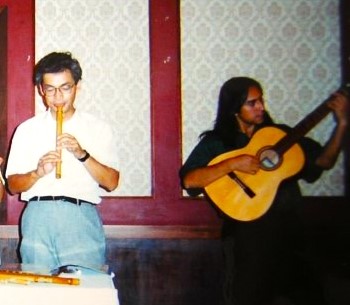
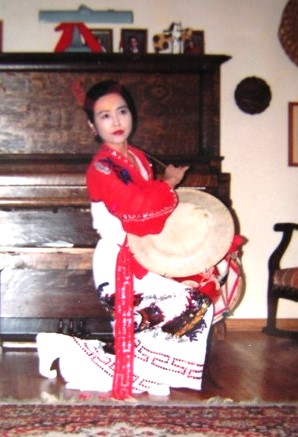




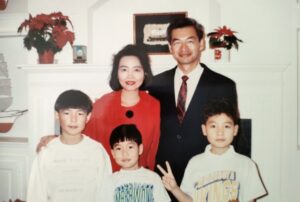
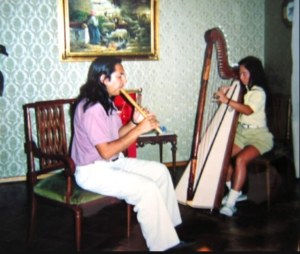
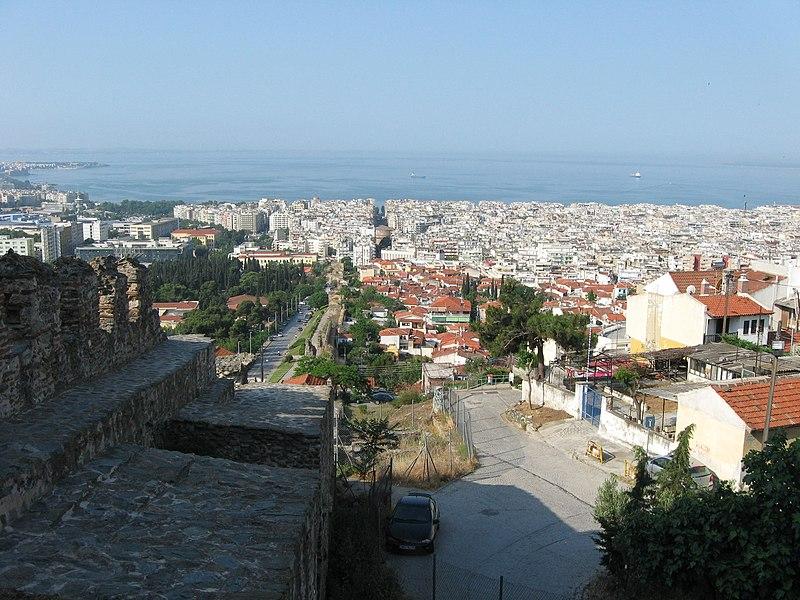
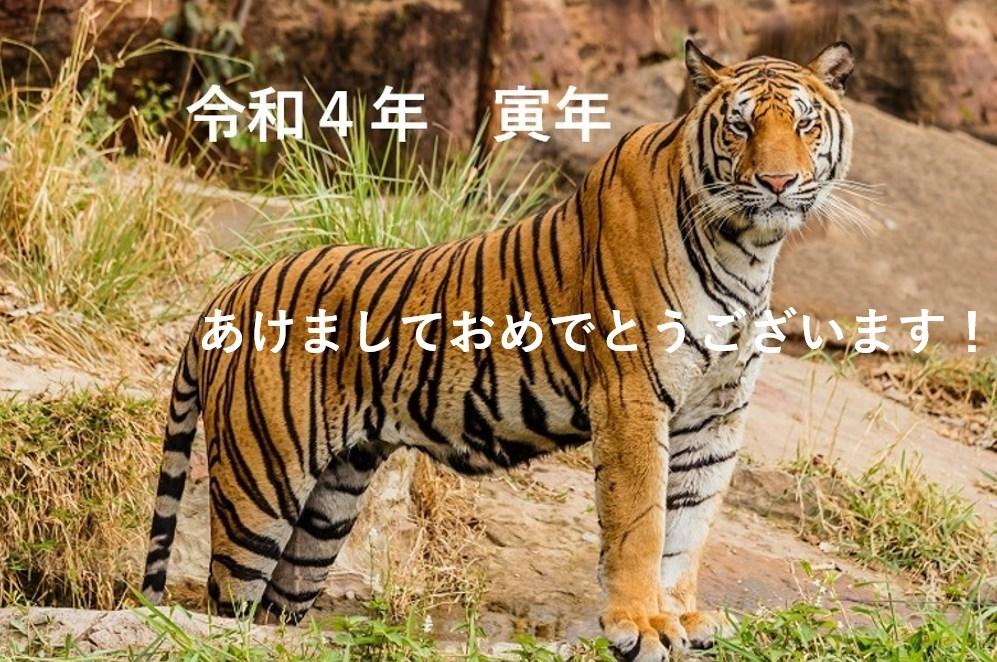
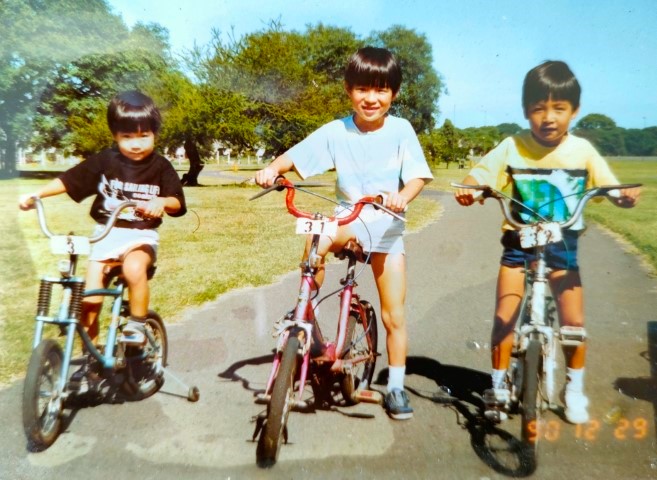
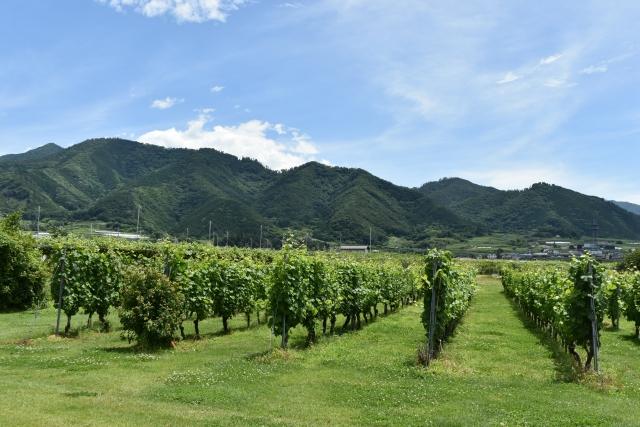
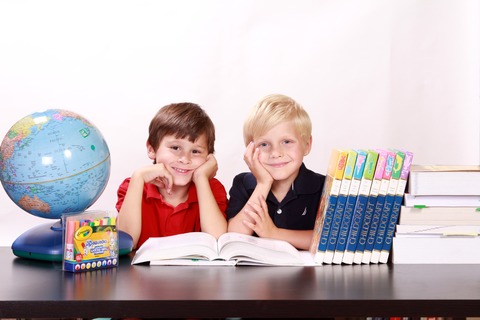
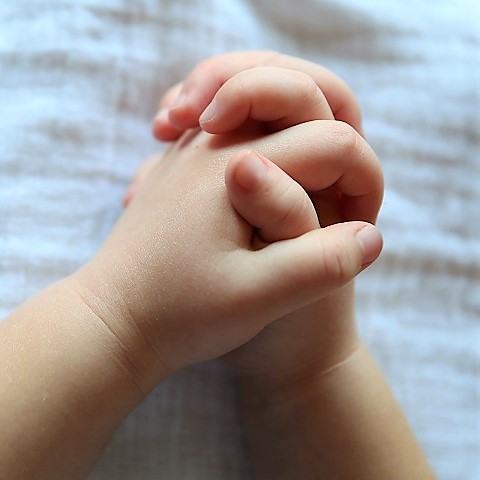
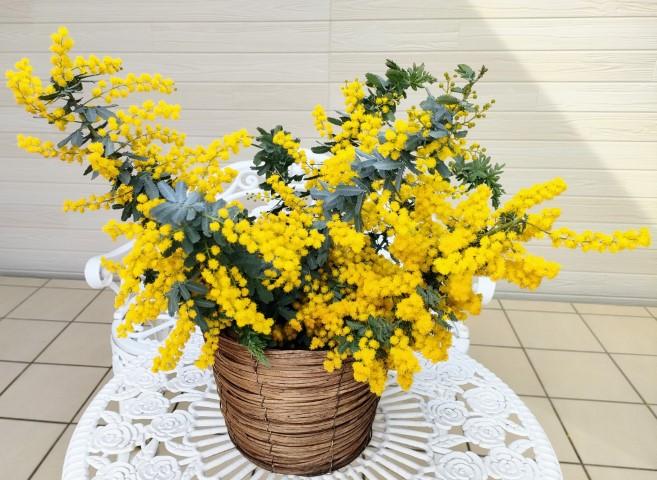
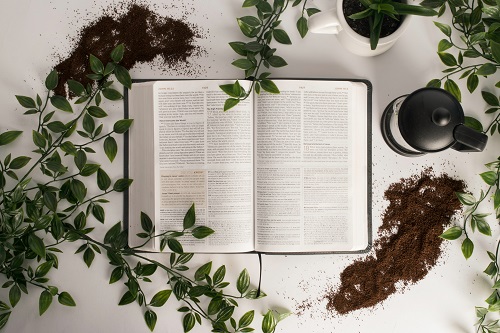
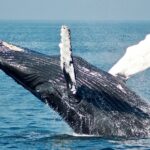

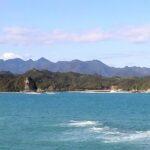

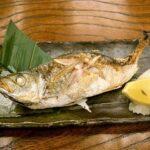
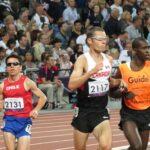

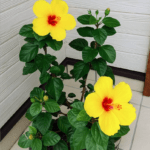



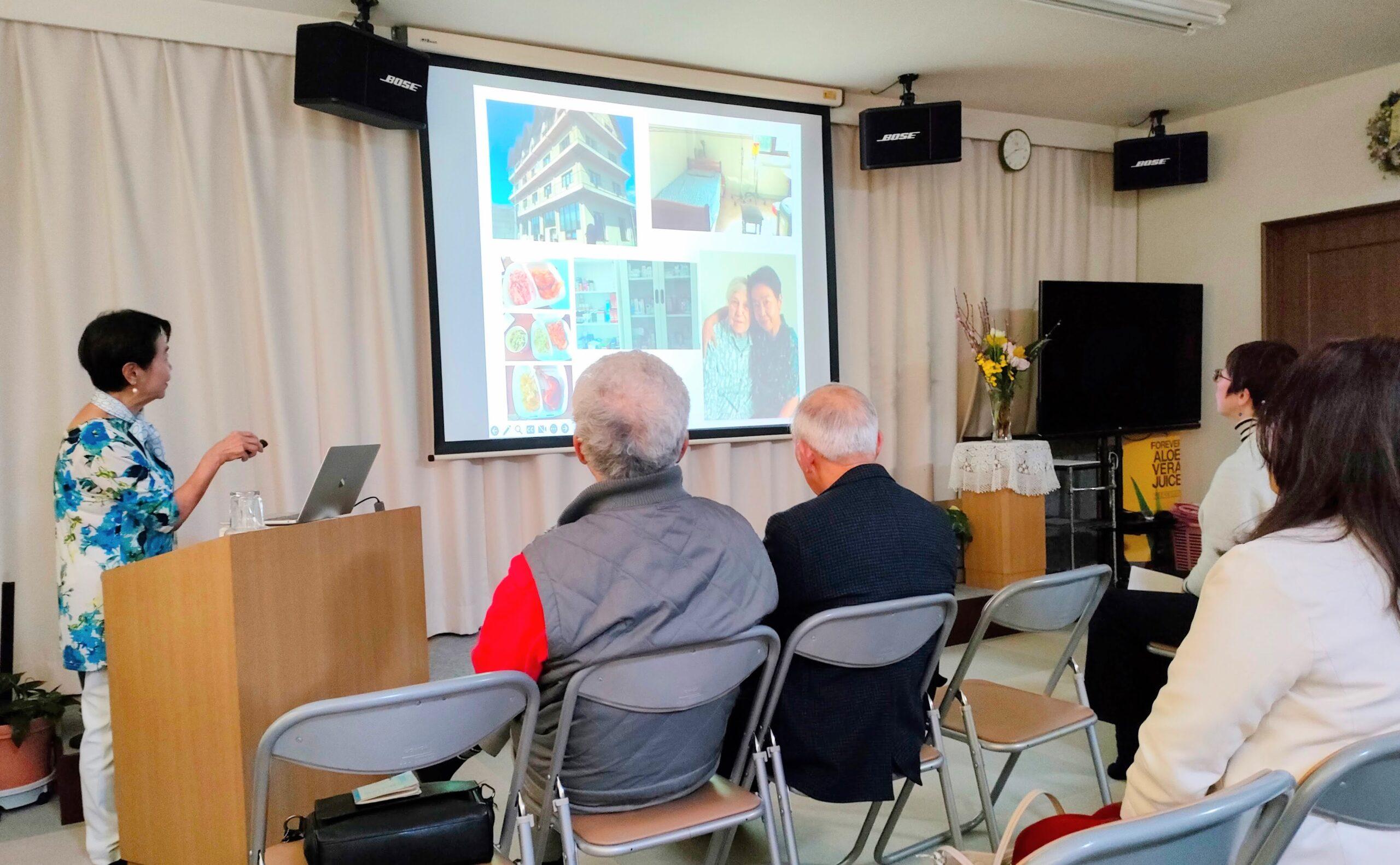
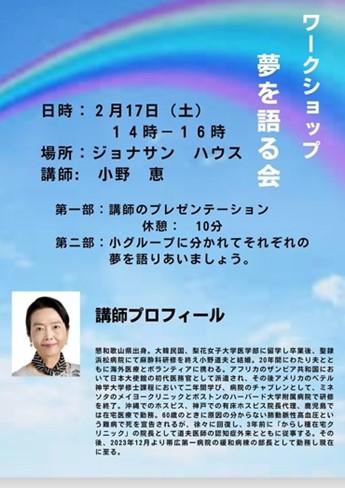
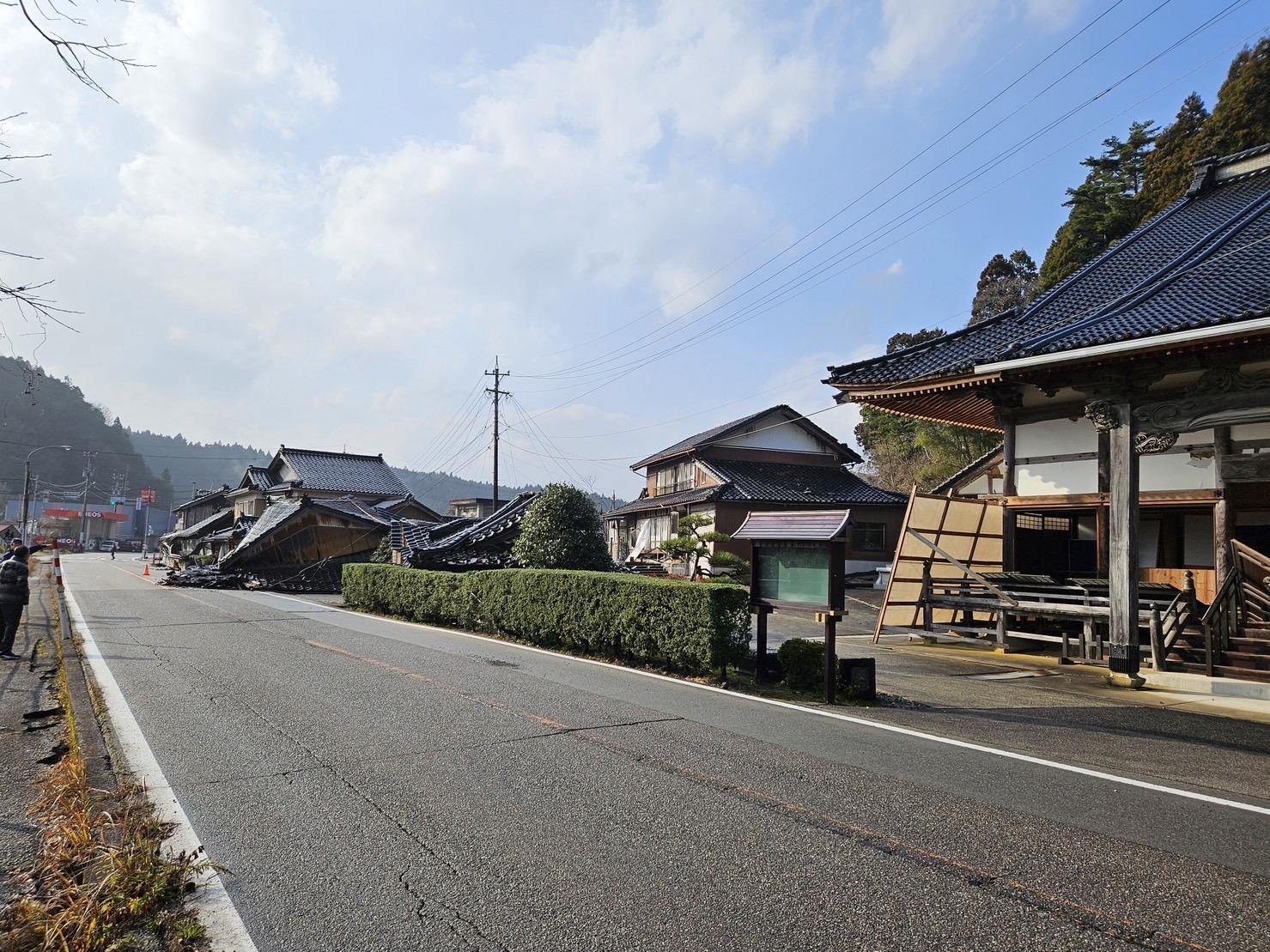
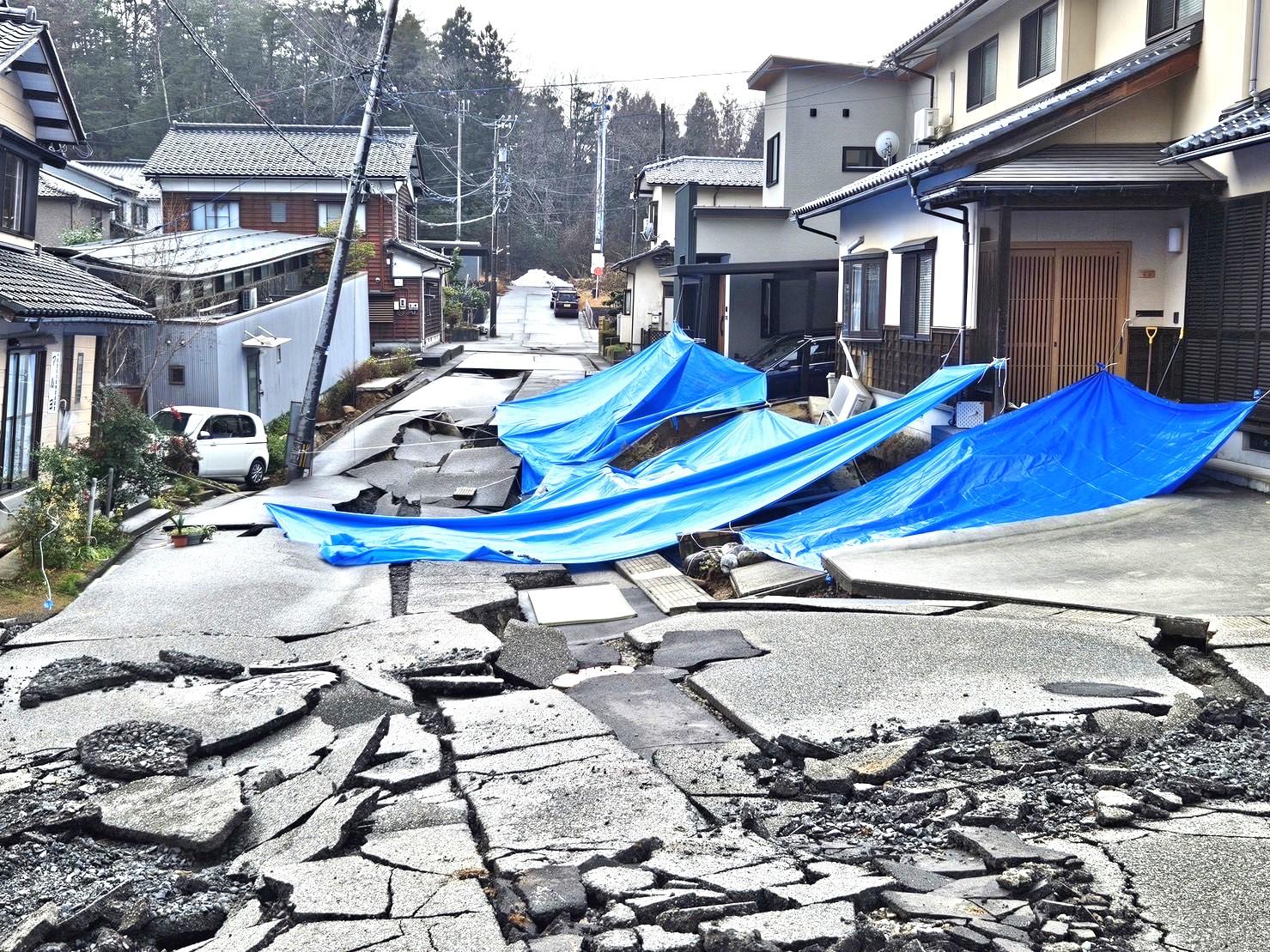
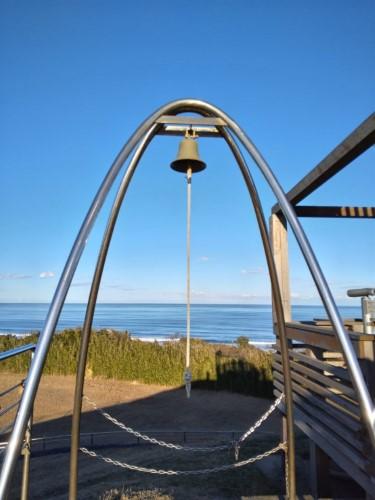
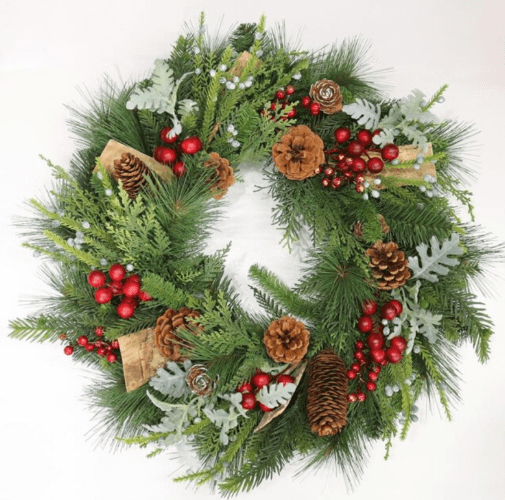
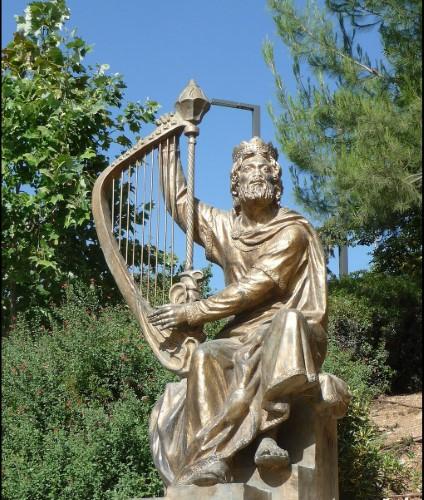
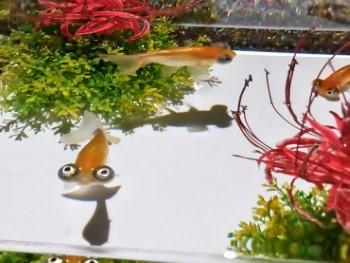
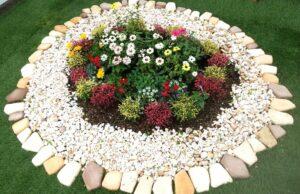
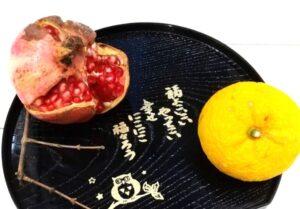
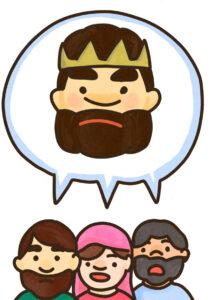
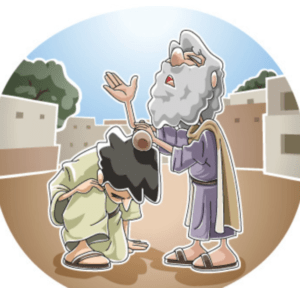
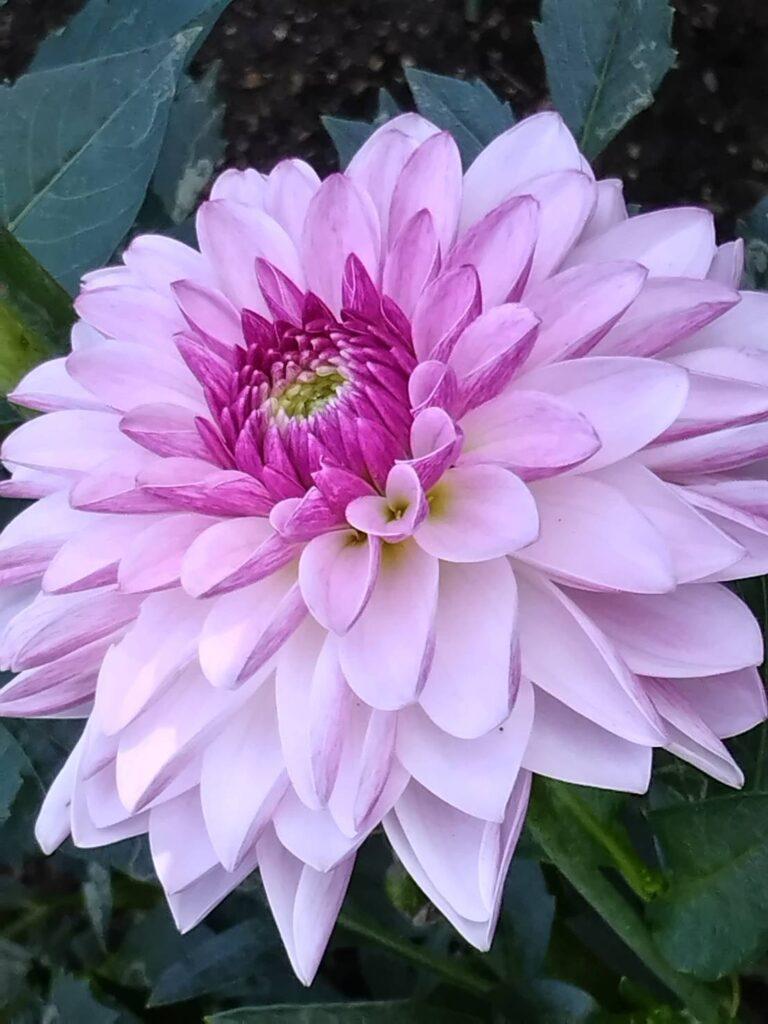
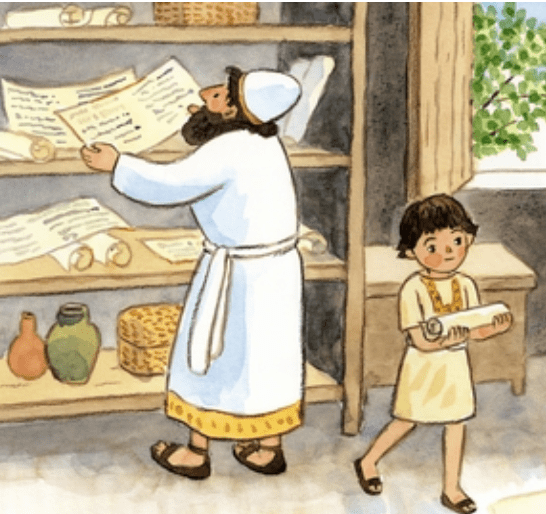
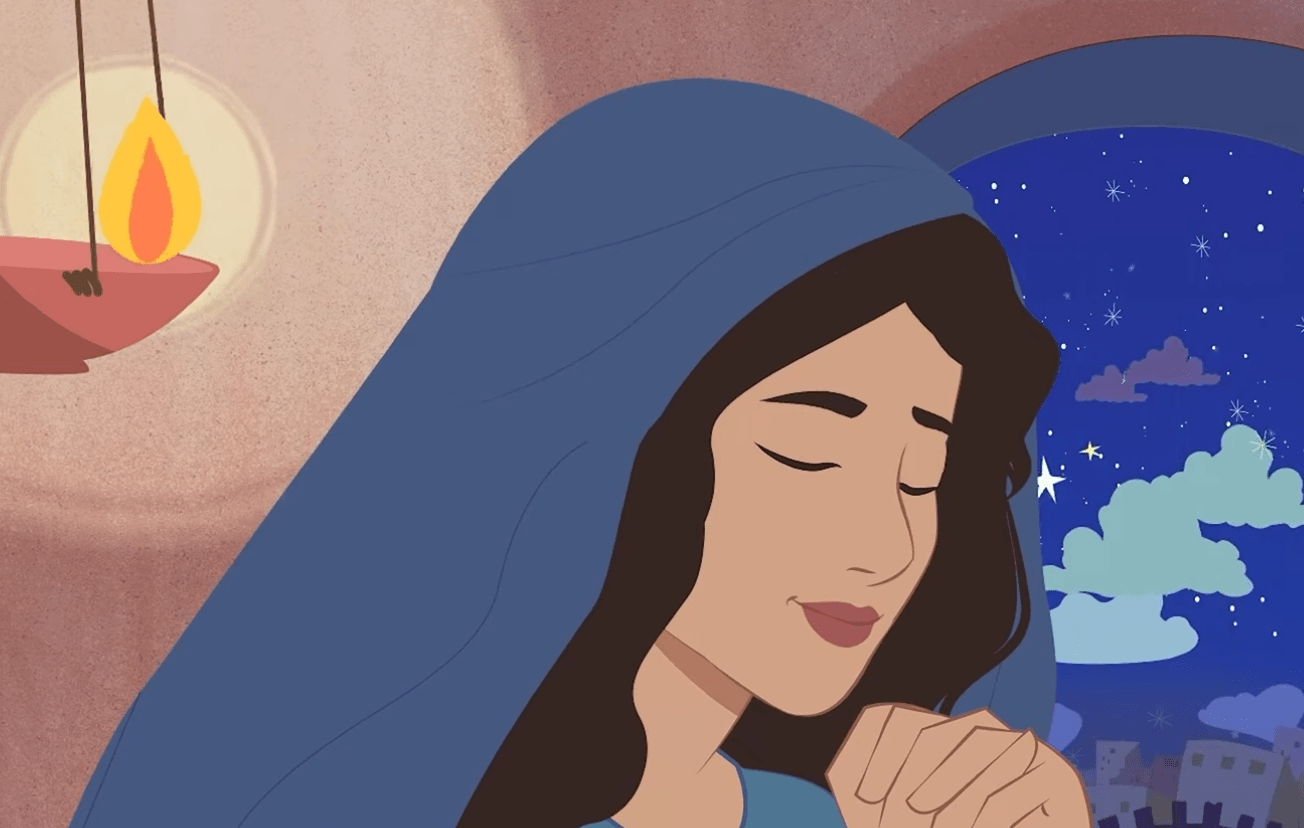
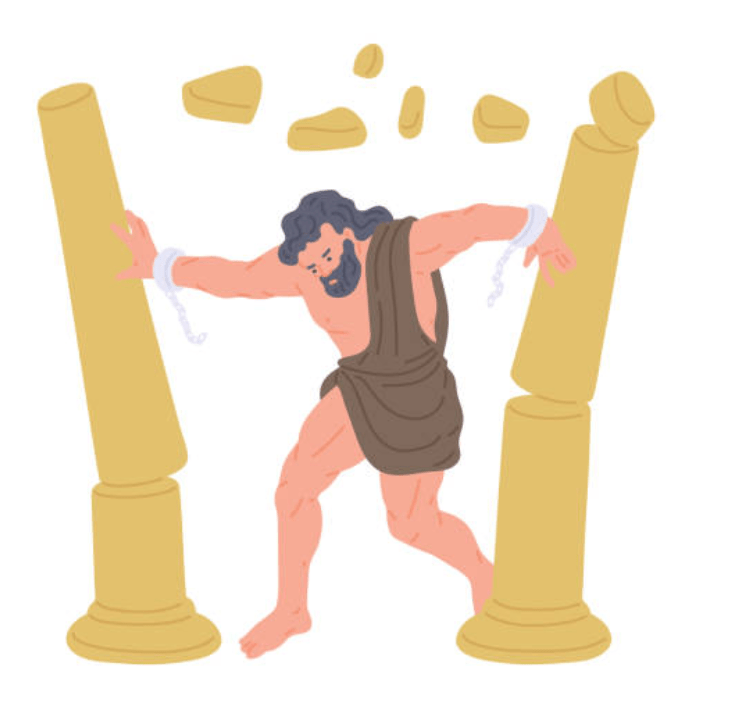
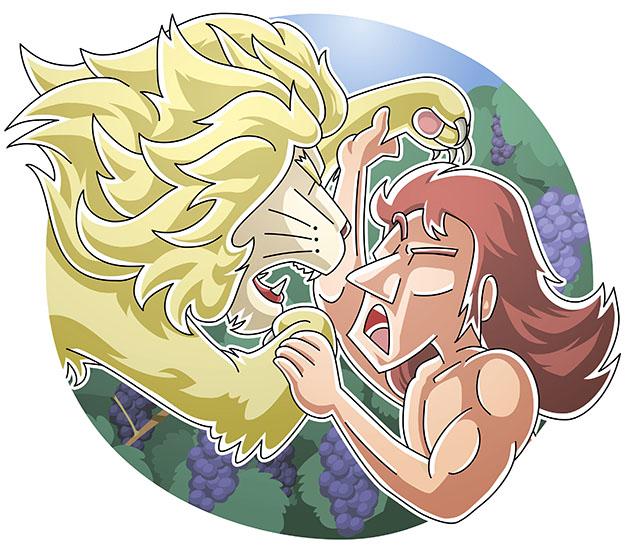
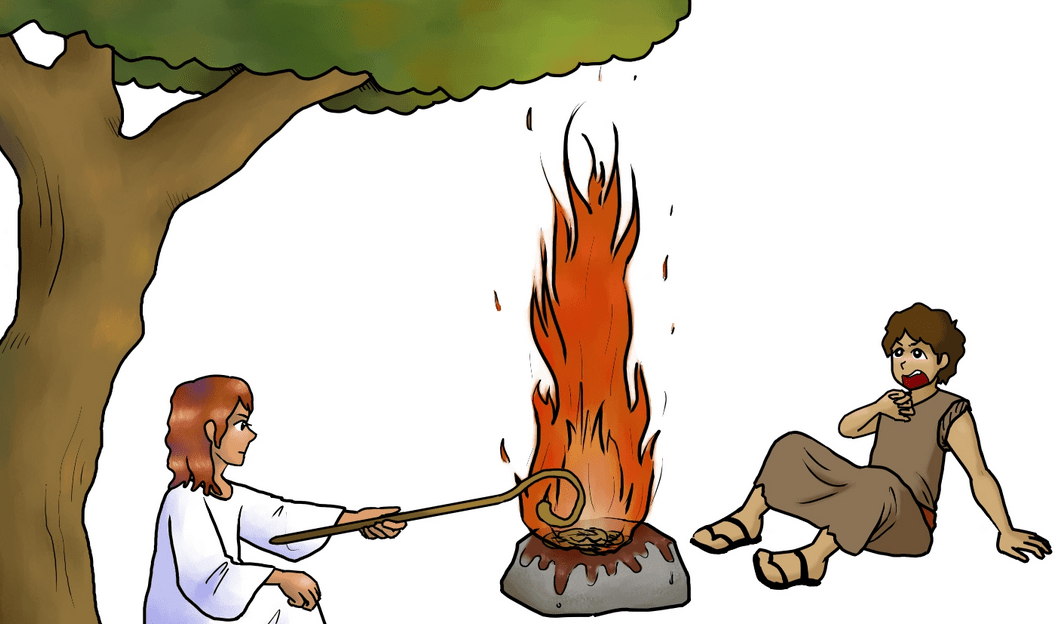
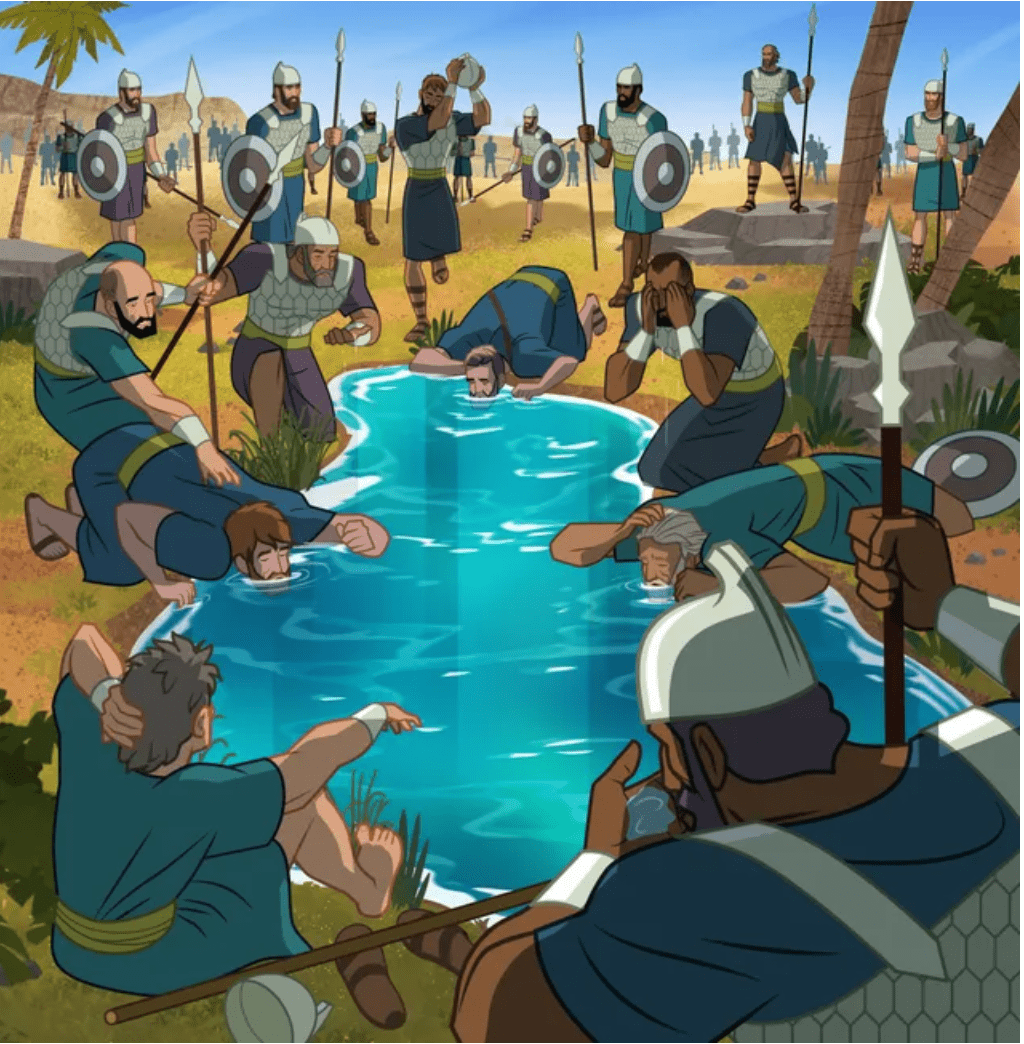
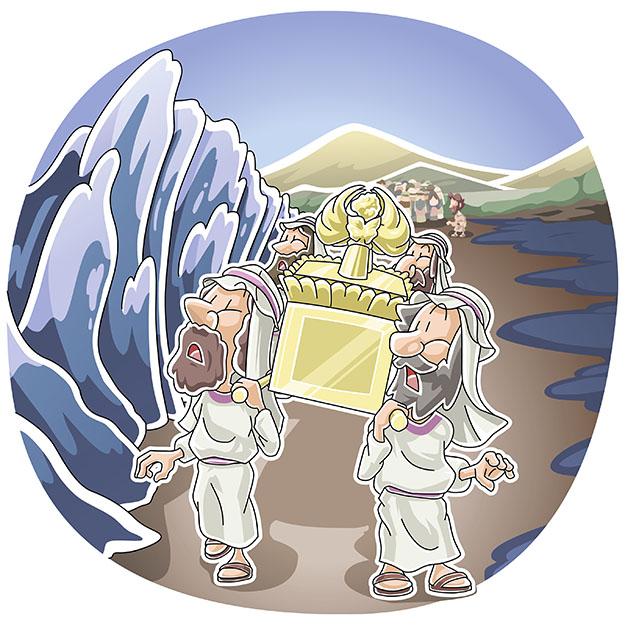
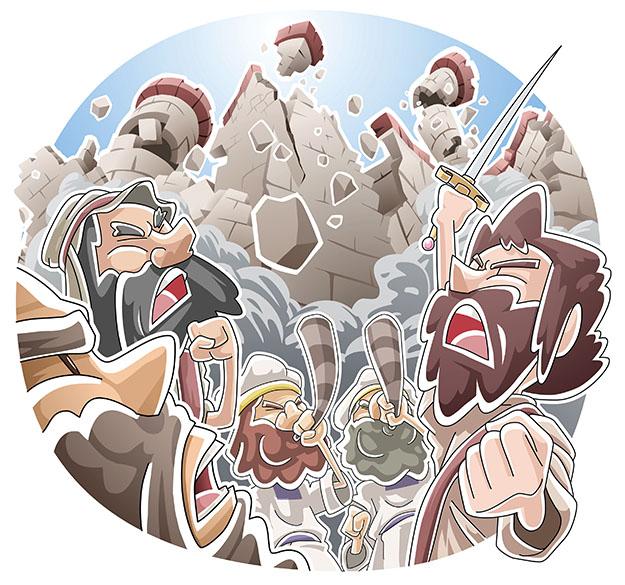
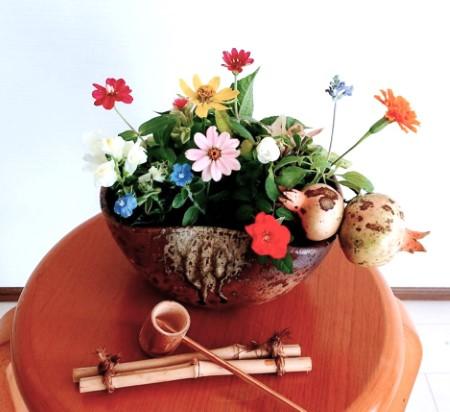
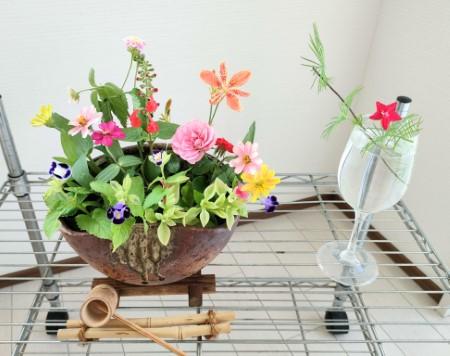
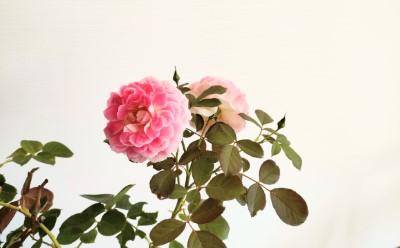
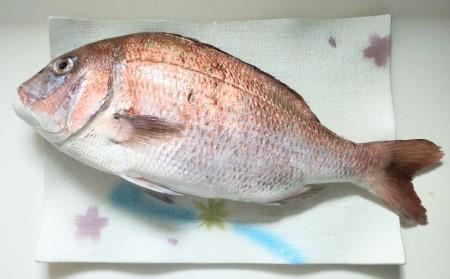
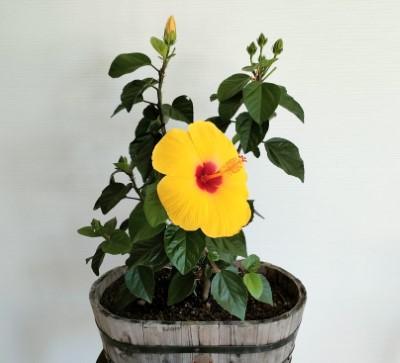
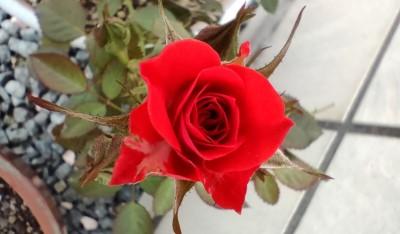
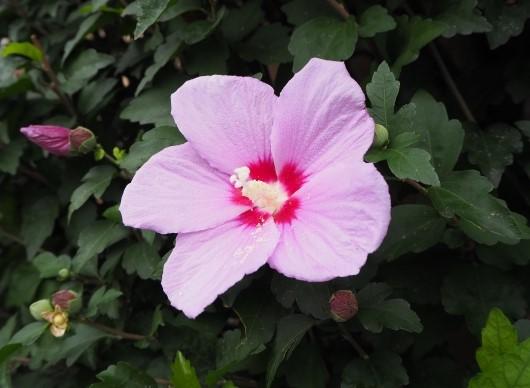
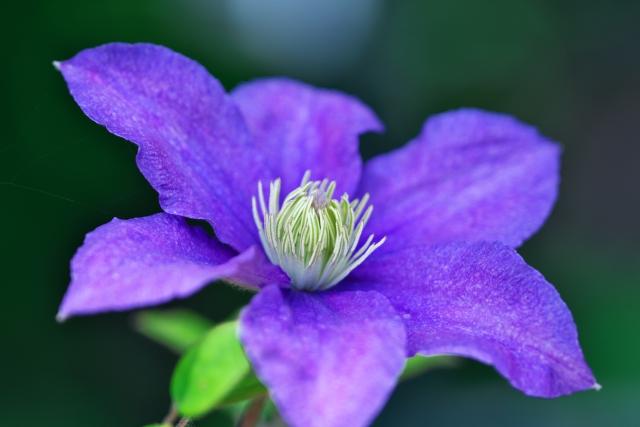
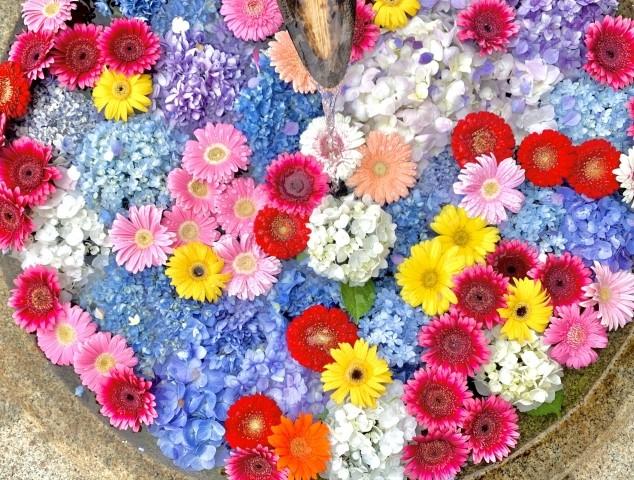
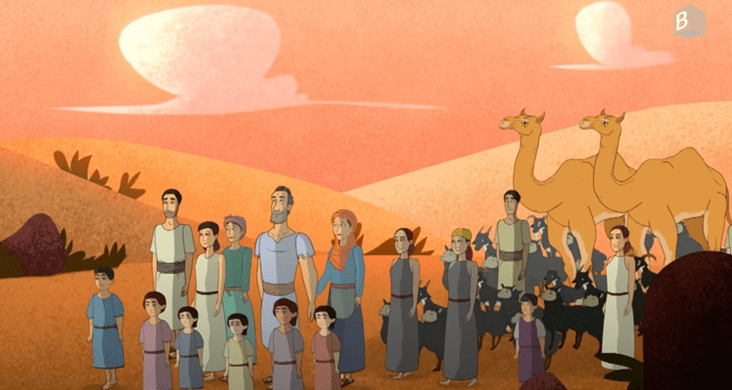
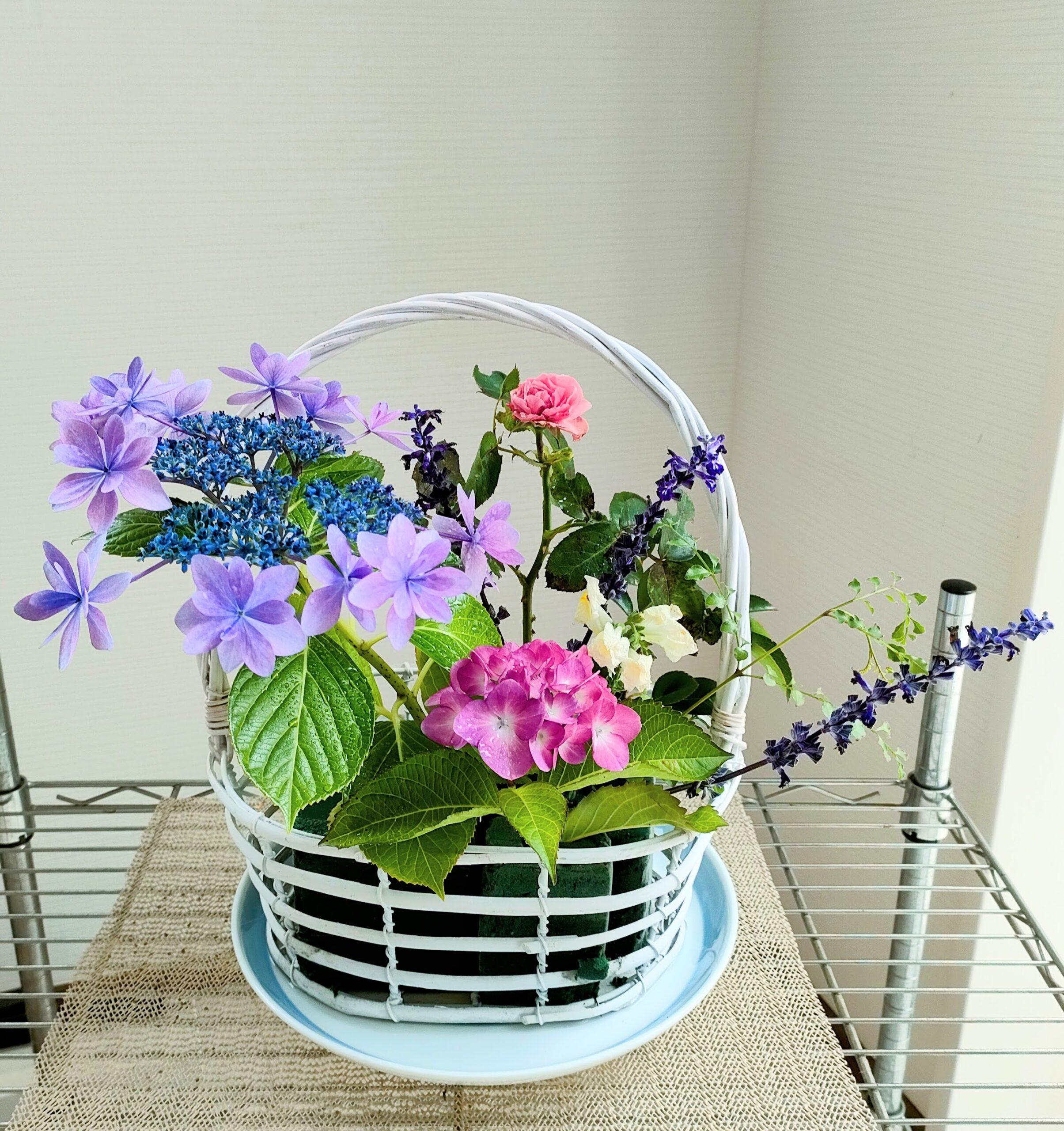
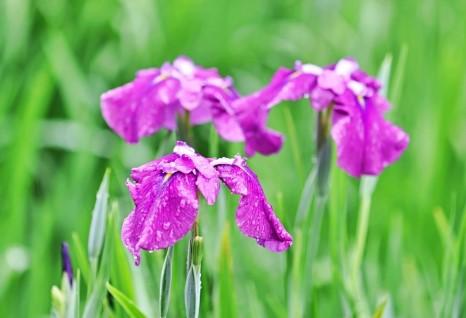
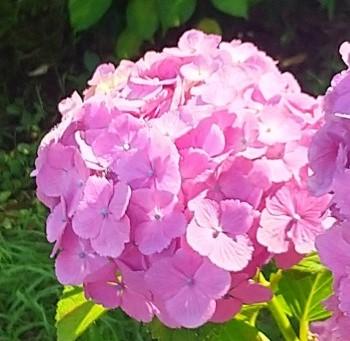
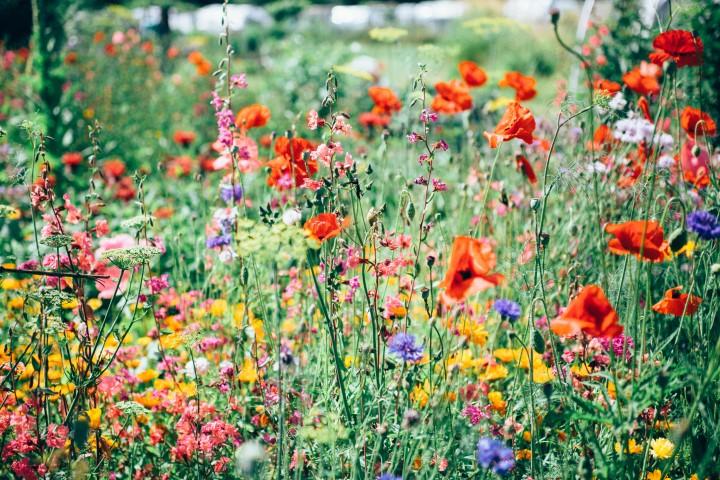
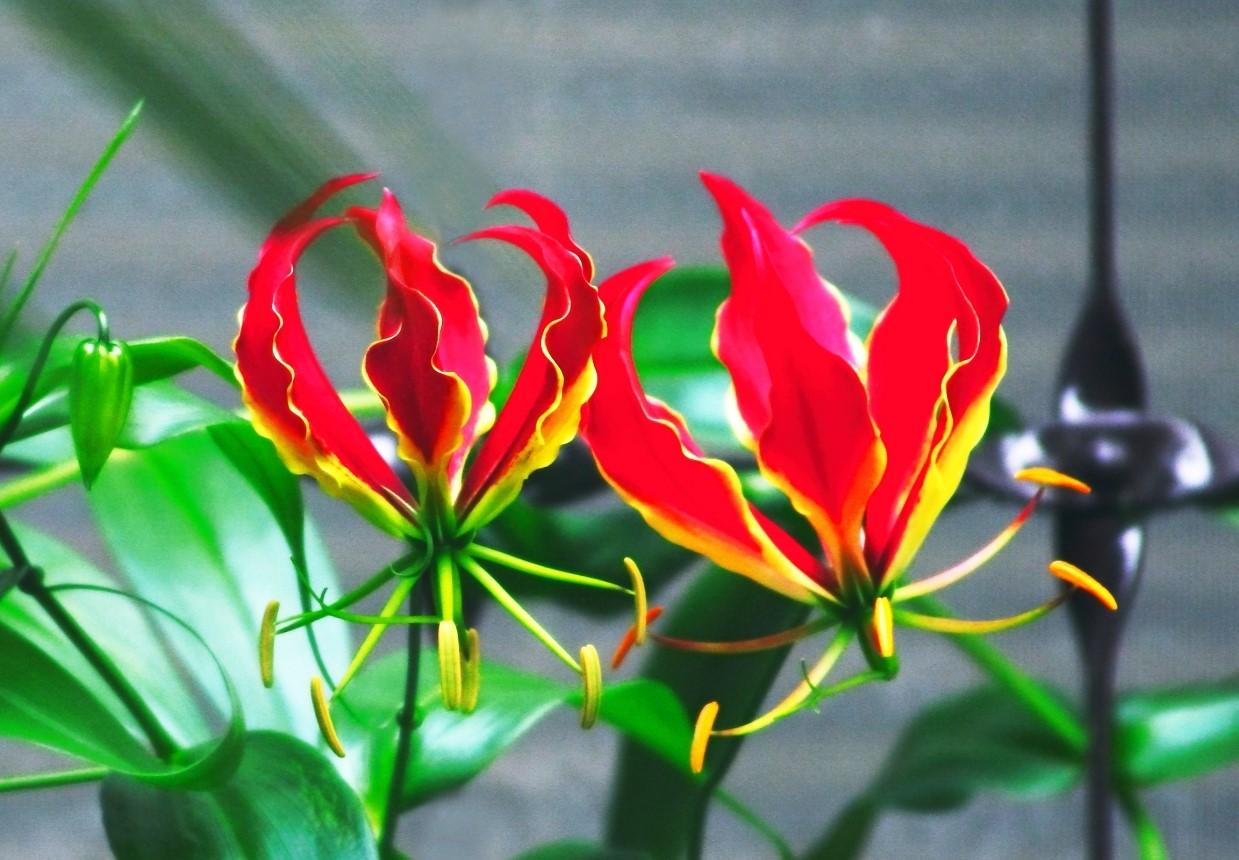
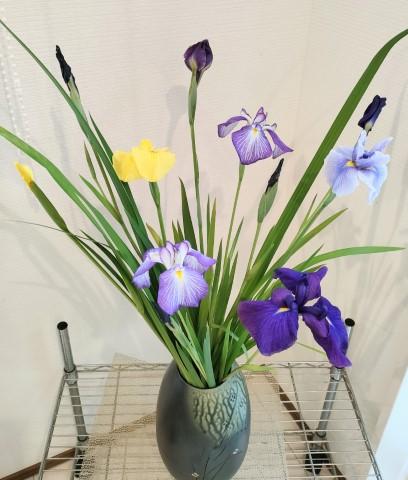
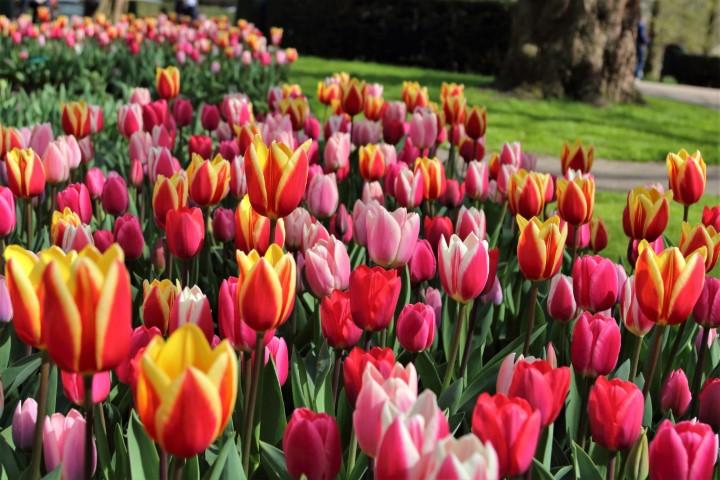
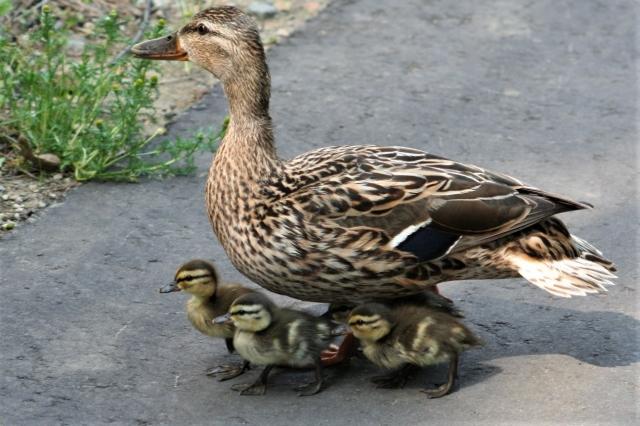
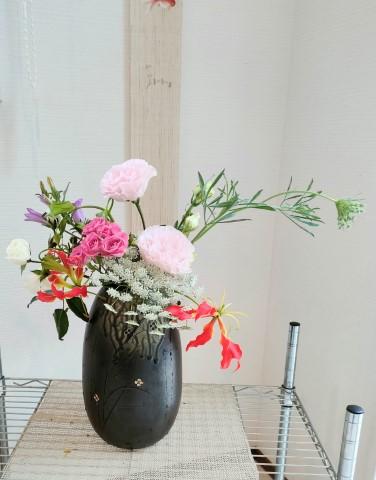
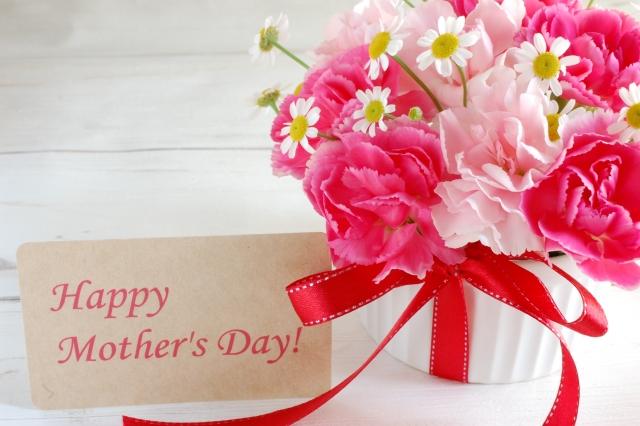
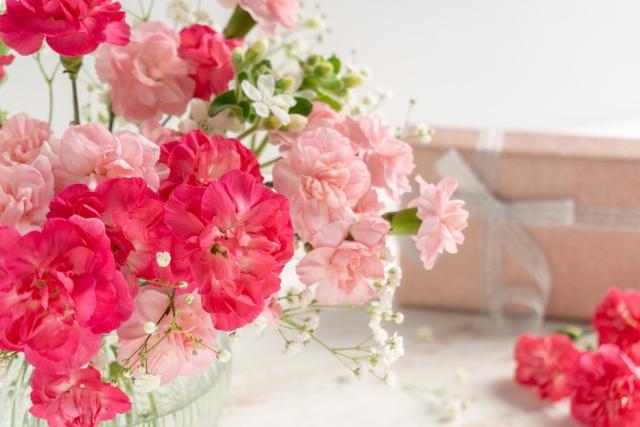
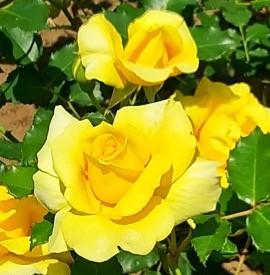
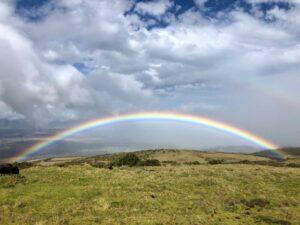
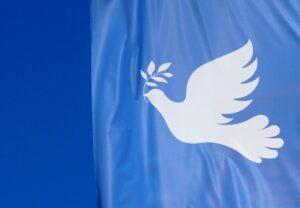
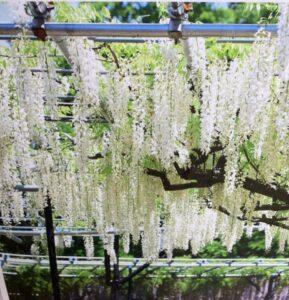
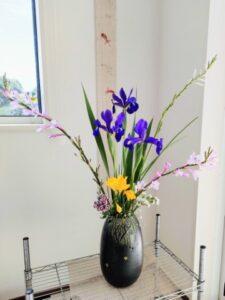
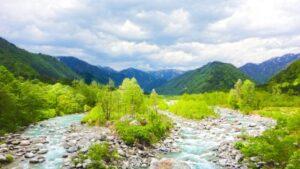
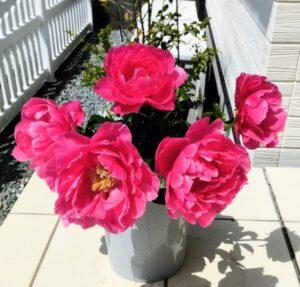
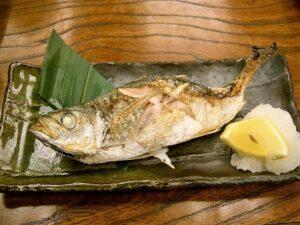
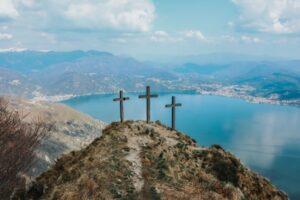
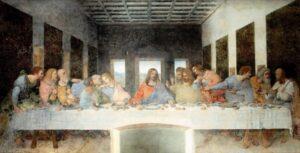
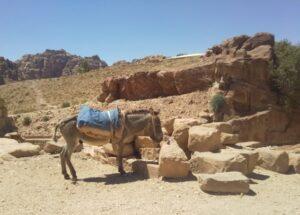
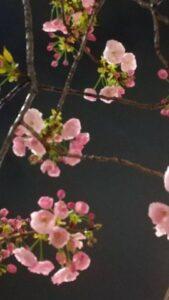
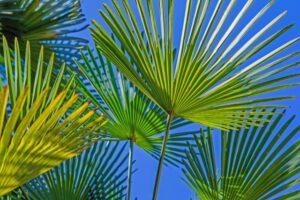
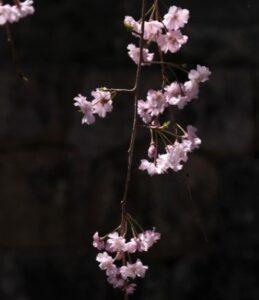
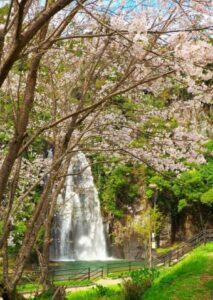
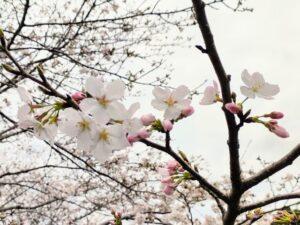

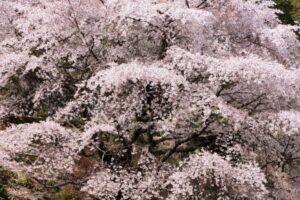
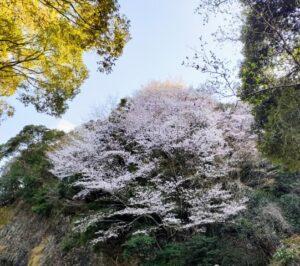
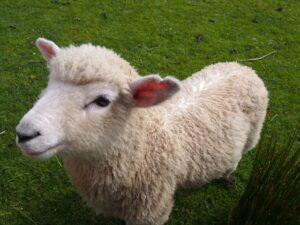
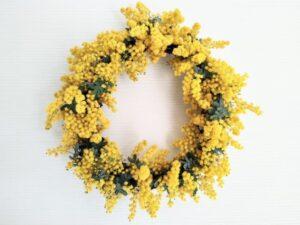
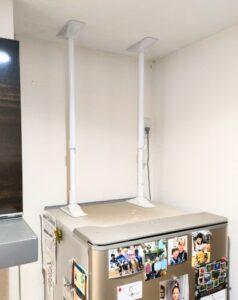
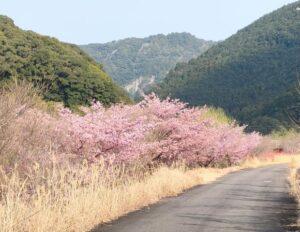
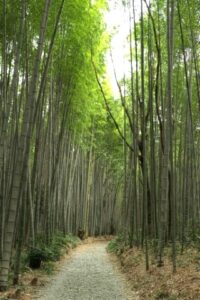
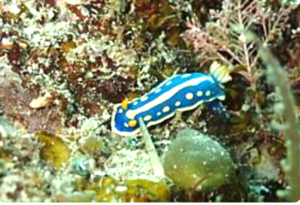
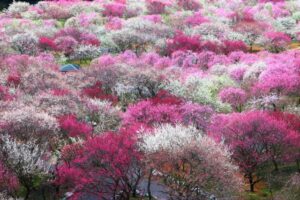
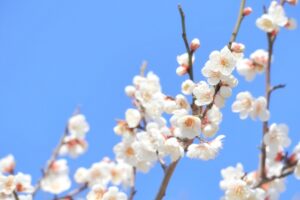
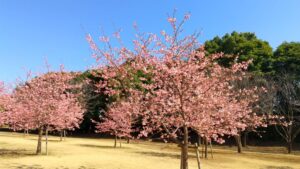

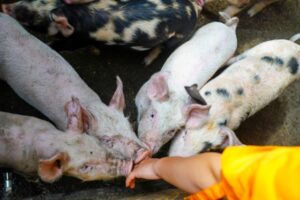
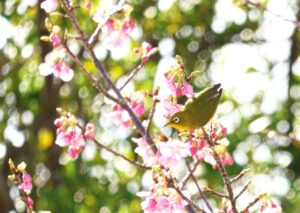
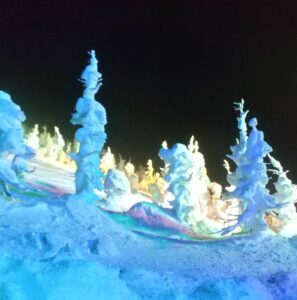
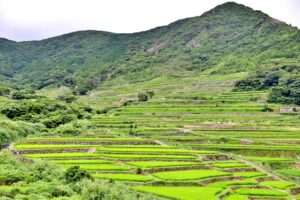
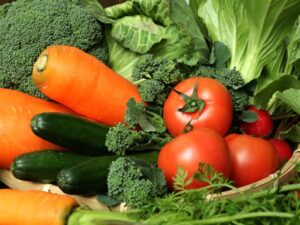
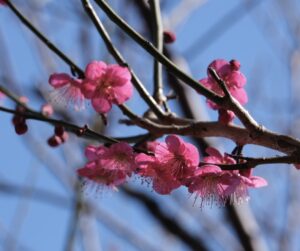
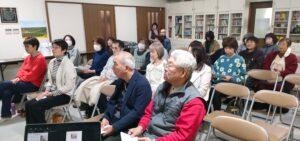
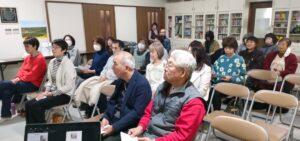
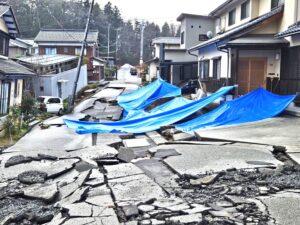
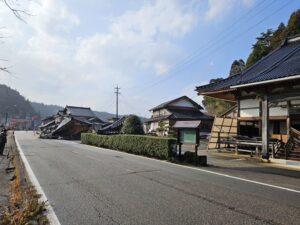
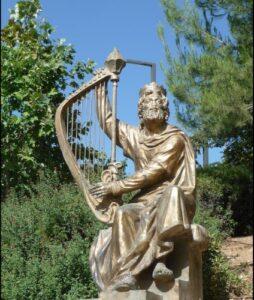

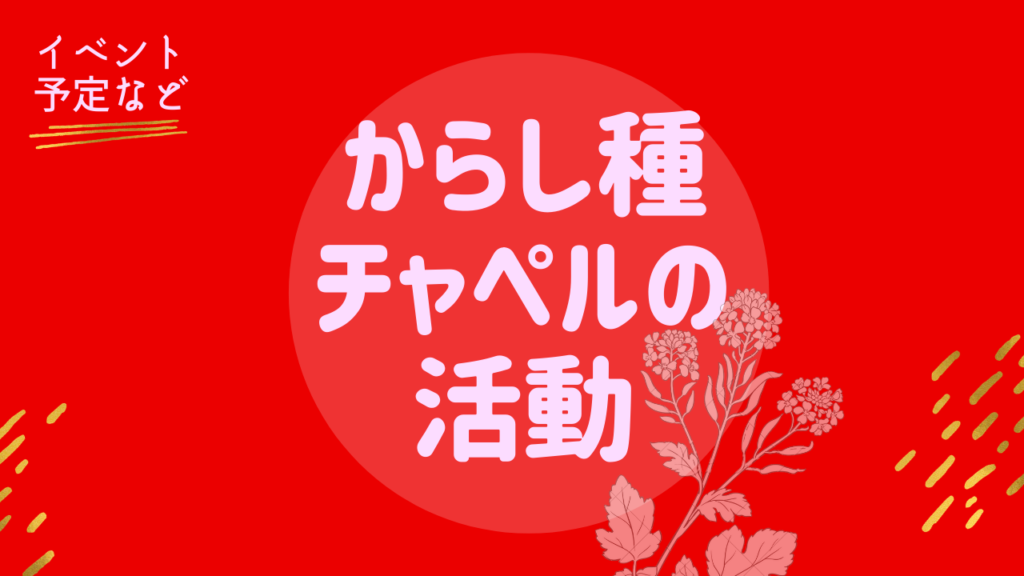 からし種チャペルの活動に関しては、ここからお入りください。皆様のご参加をお待ちしています。
からし種チャペルの活動に関しては、ここからお入りください。皆様のご参加をお待ちしています。